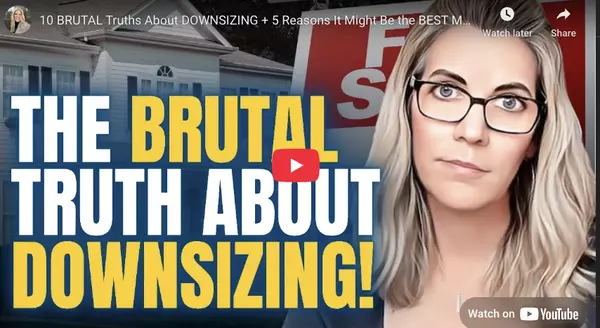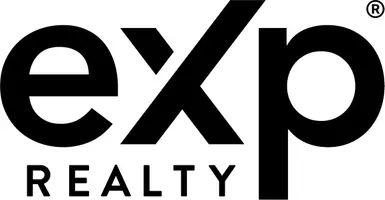Everything You Need to Know BEFORE you Sell Your Home!
Read This BEFORE you sell your home!
Hey, it’s me, Kati! Whether you’re looking to upgrade to a bigger home, downsize, or make a transition for other reasons, planning a move in the real estate market is like putting together a complex puzzle. It’s crucial to have a clear picture of your future to ensure a smooth and successful transition. But the question remains: How early is too early to start planning your move?
In a world where timing can make all the difference, understanding when to initiate the process can save you from unnecessary stress and pitfalls. The timeline for your move isn’t set in stone, but rather depends on various factors, including market conditions, personal preferences, and financial readiness. Let’s delve into the considerations that will help you determine the optimal time to begin your journey.
Visualizing the Puzzle: The Importance of Early Planning
Before diving into the specifics, let’s draw a parallel between moving and assembling a puzzle. Picture your move as an intricate puzzle, each piece representing a different aspect of the process – from finding the right property to selling your current home. To successfully complete this puzzle, you need to know what the final image looks like.
When it comes to real estate, having a comprehensive understanding of your end goal is essential. For instance, are you planning to sell your current home and move into a larger one, or are you considering downsizing? The first step is to clearly define your objectives, as they’ll guide every decision you make along the way.
The Dilemma of Timing: How Early is Too Early?
The question of when to start planning your move is a common one, and it’s essential to address it thoughtfully. While some may argue that there’s no such thing as “too early,” it’s essential to strike a balance between planning well in advance and ensuring your readiness for the transition. Here are some key factors to consider:
Market Awareness: Engaging with the real estate market well before you’re ready to move can provide invaluable insights. Consider setting up alerts for listings in your desired area to gain an understanding of current prices, property types, and market trends. This research will help you refine your expectations and financial projections.
Buying Power and Financing: Calculating your buying power is fundamental to making informed decisions. Begin by assessing your credit score and engaging with lenders to understand potential interest rates. This step is particularly crucial given the fluctuating nature of interest rates and their impact on your affordability.
Knowing Where You’re Going: As the saying goes, “Failing to plan is planning to fail.” When considering a move, it’s essential to have a clear idea of where you want to go. Whether it’s a specific neighborhood, city, or even a new state, knowing your destination will prevent you from becoming inadvertently homeless if you sell your current home before finding a new one.
Understanding the Stress-Price Paradox: A higher asking price often translates to higher stress levels. While everyone desires top dollar for their property, it’s essential to be realistic about the condition of your home and the necessary upgrades to command a premium. Balancing the desired price with the level of stress you’re willing to endure is a vital consideration.
The Role of a Real Estate Agent: Collaborating with a knowledgeable real estate agent can transform your experience. Think of your agent as a consultant who guides you through the complex maze of real estate decisions. Engaging with an agent early on can provide expert advice on timing, pricing, and property condition, aligning your goals with market realities.
The Sweet Spot: When to Begin Planning
While there’s no universal timeline for planning a move, a general guideline of at least six months before your intended move date is prudent. This timeframe allows you to:
Research the market thoroughly and understand pricing trends.
Evaluate your financial readiness and potential interest rate impacts.
Begin exploring listings in your target area to gauge availability and pricing.
Strategically plan any necessary property upgrades for maximum returns.
Collaborate with a real estate agent to fine-tune your strategy.
In Conclusion
When it comes to planning a move in the real estate market, the adage “early bird gets the worm” rings true. The intricate puzzle of buying or selling a home requires careful consideration, timely research, and expert guidance. By starting the planning process well in advance, you’re setting yourself up for success and ensuring a smoother, more confident transition to your new home. Remember, in the world of real estate, knowledge is your most powerful tool.
Recent Posts











